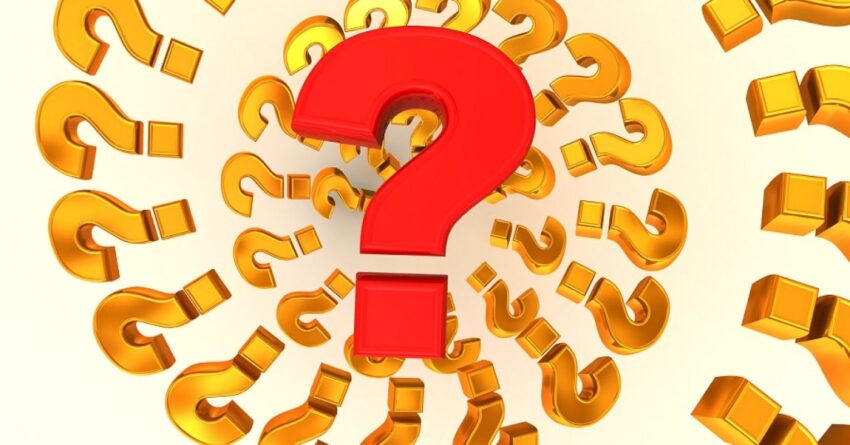Source: lightsource/Depositphotos
For years in my leadership classes, I preached the concept of embracing uncertainty. Although everyone agreed this was important, no one ever told me how they lifted the spirits of others in a conversation about not knowing what will happen in the future.
Until recently, most of us lived our lives either believing we had some sense of what would happen to us, our families, and our jobs if we focused on doing the right things, or we had moments, even days, paralyzed with the fear that the worst was going to happen when we felt the loss of control of our circumstances. We avoided the concept of embracing uncertainty. The idea that we should learn to love uncertainty felt like a strategic manipulation.
Then we were hit by the pandemic forcing us to face the truth about uncertainty. Numerous studies including this one from the Ohio State University Wexner Medical Center found a greater number of self-reported reactions that had a negative effect during the pandemic.1 I have experienced in my coaching clients an increase of intolerance for uncertainty in the past few years. It appears many people wake up wondering about how an increase in wars will affect them, if the election will negatively impact their lives, and what the next super virus will be that will come our way. Christopher Bader, a sociologist at Chapman University and an expert in Americans’ fears, said, “When people are uncertain, we see their fears rise in all perspectives.”2
If there is no way to avoid uncertainty, is there a way we can use this reality to learn and grow?
Shifting the mindset around uncertainty
When coaching, having people articulate and explore what they are unsure about can break down imagined fears and unsupported assumptions. The revelations that emerge help people face what else could occur in the future and discover what is in their control to focus on. Maggie Jackson, the author of Uncertain: The Wisdom and Wonder of Being Unsure, says talking about what we are uncertain about reduces the murkiness and subsequent anxiety, leading to a mindset of strength and a path to progress.3
“Life is inherently uncertain, and if you have difficulty dealing with that, you will have difficulty dealing with life,” said Michel Dugas, a professor of psychology at the University of Quebec in Outaouais and a leader in anxiety disorder research and the fundamental fear of uncertainty, in a New York Times exclusive interview with Maggie Jackson.4
The question is then—if we learn to accept that life is uncertain, and even appreciate that each day could bring an unexpected surprise that could be seen as an opportunity, will we be more resilient and peaceful?
Our brains naturally want to protect us. The default mode for all humans is self-preservation over self-actualization. Shifting our mental models to look forward to the natural shifts of life is difficult to do on our own.
Walking through uncertainty together
We need to help each other walk through the darkness of uncertainty. No matter the relationship you have—as a coach, leader, parent, or friend—the questions we ask are critical to relieving stress and avoiding giving up when the fear of not knowing takes over.
Here are some questions you might ask someone when their uncertainty about the future is keeping them stuck in the present:
- What can you do in this moment that feels important and meaningful?
- If what you are fearing comes true, what is in your control to do?
- When you look at the evidence you are believing in that is painting your picture of the future, what might you be leaving out?
- When you look at what you are expecting or fearing will happen, what else is possible that you haven’t considered?
- If someone you trusted were to argue with you about your assumptions, what might they say?
- What can you do with the knowledge that life, people, and your own reactions to what happens, are unpredictable?
- When you see yourself boldly moving forward with uncertainty, who are you being?
Let’s give the gift of embracing the unknown to each other. It’s a gift we can give many times and never gets old.
